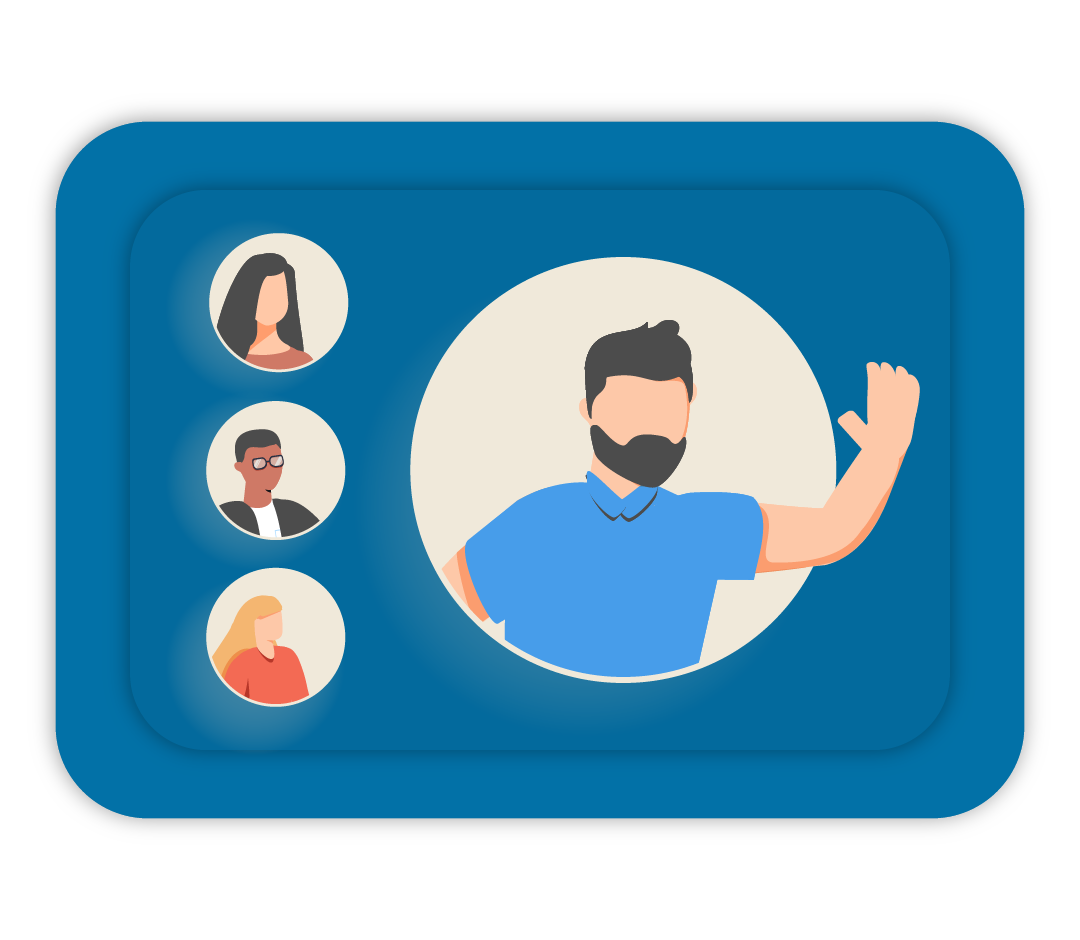Within and beyond this fast-moving world of legal technology, one thing is abundantly clear: artificial intelligence isn’t just a trend. Already, it’s become a vital business tool. And it’s here to stay.
From streamlining first-pass document review to contextualizing facts and building timelines faster than ever before (and plenty more), AI has become an integral part of how many Legal Data Intelligence professionals do their jobs. But with this evolution comes a very human reality: change, even when it’s exciting, can be very stressful.
As AI quietly moves from “cool demo” to “core feature,” many Legal Data Intelligence professionals are experiencing a uniquely complex cocktail of curiosity, excitement, and anxiety. You, too, might be wondering:
- Am I keeping up?
- Am I still valuable?
- Is AI going to replace me?
- How do I handle the added pressure?
And you’re not alone. Getting your arms around AI and how to put it to work for you is an essential step in a successful career path moving forward. Part of that journey requires building your sense of confidence not just in the tools themselves and how to use them, but in the paradigm shift that’s happening all around us and what role you can play in it.
The Algorithm in the Room
The first thing that must be acknowledged is that AI is a tool, not a takeover. When used appropriately, it enhances your work—it doesn’t erase it or you. Think of AI like a hyper-efficient intern: it helps surface insights faster, automate tedious tasks, and frees you to focus on the more complex, human aspects of your work. (I can’t promise we’ll develop Relativity aiR for Office Coffee, but I’d be happy to advocate should the community request it.)
The more you understand how to wield AI, the more empowered and strategic you become. Just ask the teams who have leaned into our Relativity aiR; they’re able to focus on enhancing the value they deliver to their clients rather than the tedious tasks at hand.
But let’s not sugarcoat it: learning something new, especially something as fundamentally disruptive as AI, can trigger intense mental fatigue. Just add the pressure of high-stakes legal work, tight deadlines, the expectation to "adapt or fall behind," that last minute meeting that should have been an email—and you’ve got the ideal recipe for burnout. No thanks.
The Role of Community Resource Groups
This is where community or employee resource groups (CRGs, also known as ERGs) come in—and why they matter now more than ever. At Relativity, RelMind, our CRG focused on mental health and neurodiversity, plays a critical role in fostering a supportive environment during times of transformation.
RelMind’s mission is to build awareness around mental health and neurodiversity in the workplace, promote inclusive best practices, and create a psychologically safe space for all Relativians. Whether you’re feeling overwhelmed by your growing AI to-do list or navigating how your brain processes change differently than others, RelMind is here with a reminder: You are not alone.
AI isn’t just reshaping how we do business—it’s reshaping how we feel about doing business and our role in it. And it’s okay to feel a bit unsettled while you find your footing. That’s called being human.
A Tip for Leadership: Listen, Don’t Assume
For team leads and decision makers in the Legal Data Intelligence community, this is a critical time to tune in, not just talk. When it comes to helping your team navigate change, don’t assume silence equates to buy-in. Your reports might be adjusting in silence—feeling behind, unsure, or even scared to admit they’re struggling.
Even, and maybe especially, when your team seems quiet, take the time to check in intentionally and be available to answer questions or talk things through. Try to encourage open dialogue and build feedback loops.
For example, during team meetings or one-on-ones, ask questions like:
- How are you feeling about the AI changes we’re rolling out?
- Do you feel confident using these new tools?
- Where can we better support you as these changes take shape?
And while you’re at it? Be proactive in recognizing burnout. It rarely looks like someone crying into their keyboard. It can look like disengagement, missed deadlines, or someone who used to be vocal in meetings now going radio silent.
Supporting Mental Health is a Critical Business Strategy
AI is a long game, and so are your investments in your people. Creating an environment that supports the mental wellness of your team isn’t just the right thing to do; it’s a strategy that fuels better innovation, retention, and productivity.
At Relativity, RelMind’s initiatives—from webinars to awareness campaigns to conversation starters—serve as a blueprint for how our internal communities can lead from within. We aim to facilitate a supportive, inclusive between employees, help everyone feel empowered to take better care of themselves, and teach people leaders how to be compassionate and help contribute to creating a culture of belonging across our organization.
Programs like these remind us that encouraging high performance doesn’t have to mean placing high pressure—and that mental clarity for our human team is just as important as machine learning.
Learn AI, and You’ll Learn It’s Not the Enemy
The more you learn about AI, the less intimidating it becomes. As the mystery fades, in its place arrives something way more exciting: potential. It’s not about becoming an AI expert overnight. It’s about staying curious, asking questions, and realizing that this is a tool that works with you, not against you.
Keep this conversation going—about AI, mental health, and how we support one another through it all. After all, even the best algorithm can’t replicate the power of connection.
Graphics for this article were created by Sarah Vachlon.












